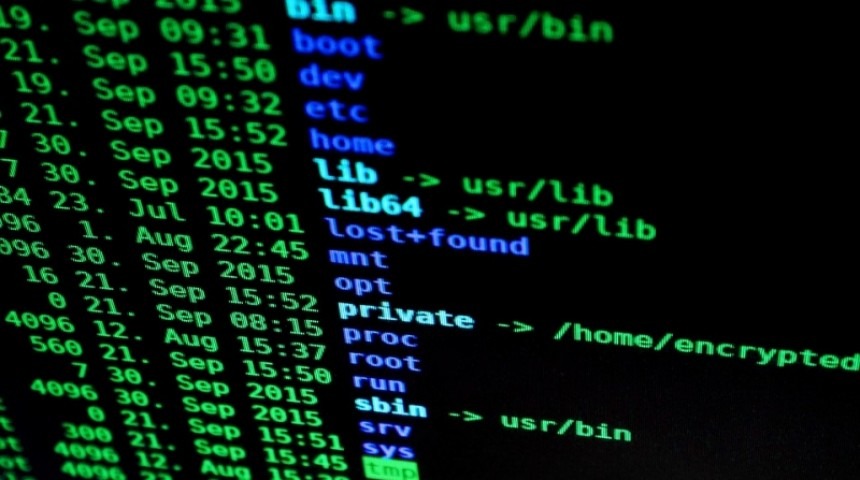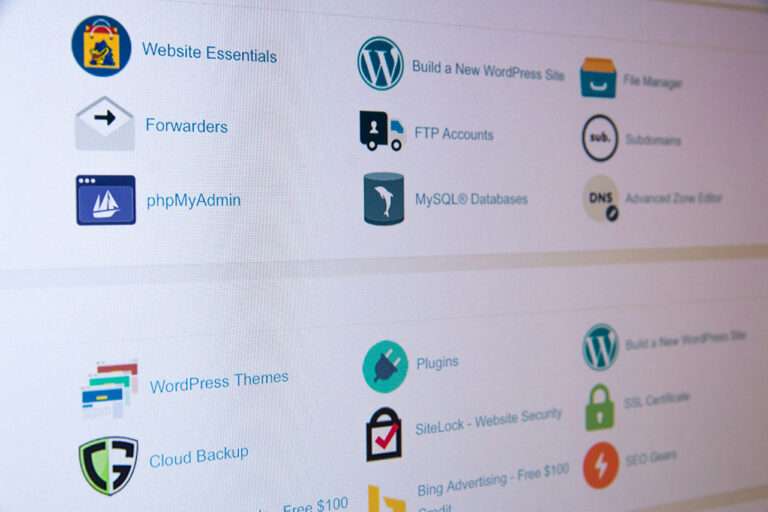UK police forces have purchased technology from US-based company Grayshift to aid criminal investigations.
UK authorities including Lancashire, Derbyshire and Nottinghamshire Police Forces have purchased licences for systems from Grayshift, to assist during criminal investigations. With a former Apple engineer as a senior member of staff, the systems being sold have the ability to access the contents of locked iPhones.
The new technology called GrayKey is a small box that simply plugs into an iPhone and unlocks it by exploiting alleged vulnerabilities in Apple’s software. Once unlocked, the authorities would have access to everything on the device, including messages and activity logs. Emerging in 2017, GrayKey has caused significant issues for Apple, who have improved security in an attempt to block it. However, reports suggest that GrayKey is still able to unlock any iPhone running anything up to the most recent software release, iOS 12.
GrayShift offers two versions for this black box – online and offline. The first requires an internet connection and is limited up to 300 uses. The offline version has no restrictions in regard to the number of uses.
This new technology has reportedly cost around £11,000 each for Nottinghamshire and Derbyshire forces who both confirmed they purchased a licence back in June. However, Lancashire Police has taken a slightly different approach, allegedly paying £46,200 for the system over a period of 4 years via a third party. The introduction of the new technology is argued to be a necessity with Nottinghamshire Police stating that “bypassing security on digital devices is a daily requirementâ€.
There are obvious security concerns with the use of this technology, especially with the risk of what would happen if it fell into the wrong hands. Similar devices that have been designed to unlock phones, such as the IP-Box diagnostic tool, have fallen into the possession of criminals and have been used to get around security protections before. GrayKey is subject to the same risk. Experts have further worries over of the quality of the device that is returned back to its owner. Will the iPhone still be in a JailBroken state?


